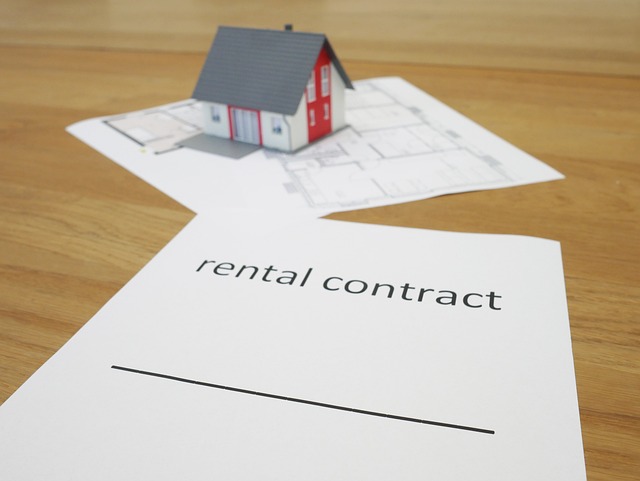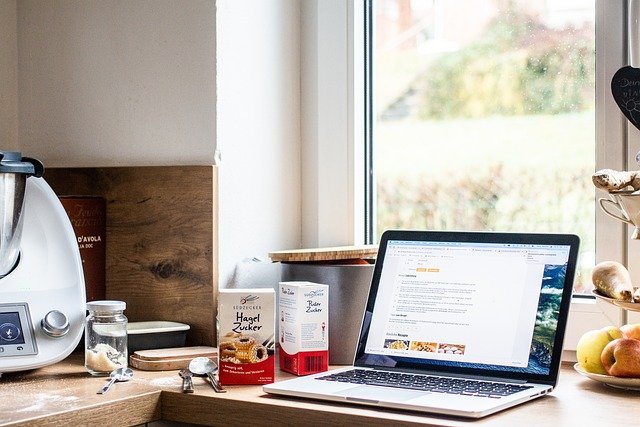How renting without deposits is changing everyday housing in 2025
Renting without deposits is reshaping 2025 housing decisions, cutting upfront costs and easing tenant approvals. High-demand rental markets, zero-deposit lease agreements, and competitive landlord incentives attract budget-conscious renters and investors. Explore how flexible lease terms are redefining affordability while boosting real estate ROI and long-term market stability.

What are no deposit apartments and how do they work?
No deposit apartments, also known as zero deposit or security deposit-free rentals, are living spaces that can be rented without the need for a substantial upfront security deposit. Instead of paying a large sum at the beginning of the lease, tenants typically have alternative options. These may include paying a smaller, non-refundable fee, purchasing a security deposit insurance policy, or agreeing to a slightly higher monthly rent. This system aims to reduce the financial burden on renters while still providing landlords with protection against potential damages or unpaid rent.
Why are apartments with no down payment becoming more popular?
The rise in popularity of apartments with no down payment is driven by several factors. Firstly, the high cost of living in many urban areas has made it challenging for renters to save enough for traditional security deposits, which can often amount to one or two months’ rent. Additionally, the gig economy and changing work patterns have led to more frequent relocations, making it impractical for many to tie up large sums in deposits. Landlords are also finding benefits in this model, as it can lead to faster occupancy rates and reduced administrative costs associated with managing and returning security deposits.
How does renting an apartment without a deposit affect tenant rights?
Renting an apartment without a deposit doesn’t fundamentally change tenant rights, but it does alter some aspects of the landlord-tenant relationship. In most cases, tenants are still responsible for any damages beyond normal wear and tear. However, instead of deducting from a security deposit, landlords may bill tenants directly or claim against the deposit alternative (such as insurance) at the end of the lease. It’s crucial for tenants to thoroughly understand the terms of their lease agreement and any deposit alternative programs they opt into, as these may have different implications for dispute resolution and move-out procedures.
What are the pros and cons of no security deposit apartments?
No security deposit apartments offer several advantages, including lower upfront costs, increased housing accessibility, and potentially faster approval processes. This can be particularly beneficial for young professionals, students, or anyone facing temporary financial constraints. However, there are also potential drawbacks to consider. Some deposit alternative programs may result in higher overall costs over the lease term. Additionally, tenants may have less incentive to maintain the property, potentially leading to more disputes at lease end.
Are there different types of no deposit rental arrangements?
Yes, there are several types of no deposit rental arrangements available in 2025. Some common options include:
-
Lease Insurance: Tenants pay a monthly or one-time fee for an insurance policy that covers potential damages or unpaid rent.
-
Surety Bonds: Similar to insurance, but often with a lower upfront cost and potentially higher fees if a claim is made.
-
Pay-As-You-Go Deposits: Tenants build up a security deposit over time through small monthly payments.
-
Credit-Based Alternatives: Some landlords offer deposit waivers based on strong credit scores or rental history.
How are landlords and property managers adapting to the no deposit trend?
Landlords and property managers are adapting to the no deposit trend by partnering with third-party companies that offer deposit alternatives. They’re also updating their screening processes to account for the lack of a traditional security deposit. Many are implementing more robust tenant screening procedures, including more thorough credit and background checks. Some property management companies are developing their own in-house deposit alternative programs to maintain control over the process while offering tenants more flexibility.
| Deposit Alternative | Provider | Cost Estimation |
|---|---|---|
| Lease Insurance | LeaseLock | $10-$25 per month |
| Surety Bond | The Guarantors | 17.5% of one month’s rent (one-time fee) |
| Pay-As-You-Go Deposit | Jetty | $5-$15 per month |
| Credit-Based Alternative | Rhino | $4-$20 per month |
Prices, rates, or cost estimates mentioned in this article are based on the latest available information but may change over time. Independent research is advised before making financial decisions.
As the housing market continues to evolve, no deposit apartments are becoming an increasingly common option for renters across the United States. This shift is making housing more accessible and reducing the financial barriers to securing a new home. While there are both advantages and potential drawbacks to this new model, it’s clear that the traditional security deposit system is undergoing a significant transformation. As we move further into 2025, it’s likely that we’ll see even more innovations in rental agreements and deposit alternatives, further changing the landscape of everyday housing.




